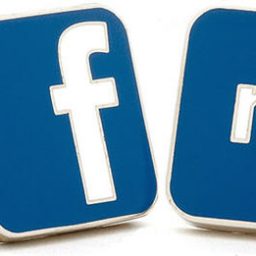
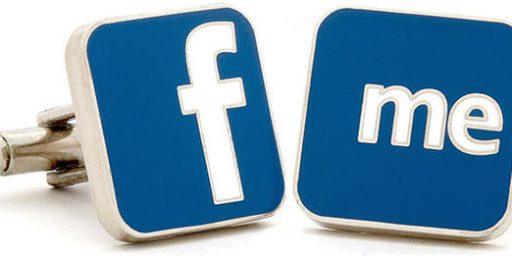
29% of Facebook Users Have No Filter Whatsoever
Alex Madrigal reports that “71% of Facebook Users Engage in ‘Self-Censorship.'” That strikes me as low.


Alex Madrigal reports that “71% of Facebook Users Engage in ‘Self-Censorship.'” That strikes me as low.


The reaction to President Obama’s comments about Kamala Harris raise interesting questions about propriety in the modern world.


Will the prohibitive favorite for the 2016 Democratic nomination do it differently this time around?


Robert Farley takes a shot across the bow at the academy from the pages of one of his field’s most prestigious journals.
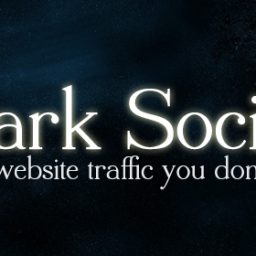
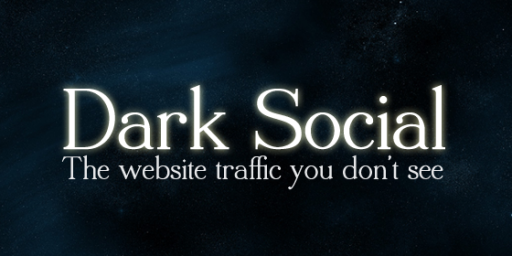
The “social web” was with us long before the rise of Facebook, Twitter and its kind and that the old style sharing is actually much more important than the new.


The Washington Examiner, which for a while became the conservative alternative to the Washington Post, is ceasing daily publication to become a conservative alternative to The Hill.
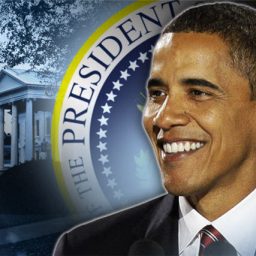
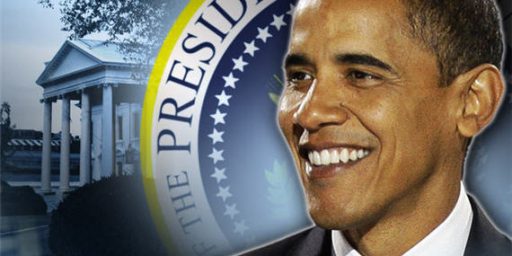
Reminding government employees that they are employees of the government is suddenly controversial.
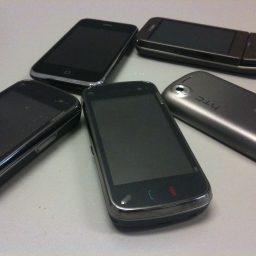

The White House is backing an effort to overturn a bizarre ruled recently enacted by the Library of Congress
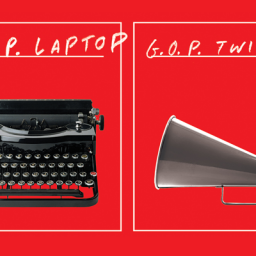
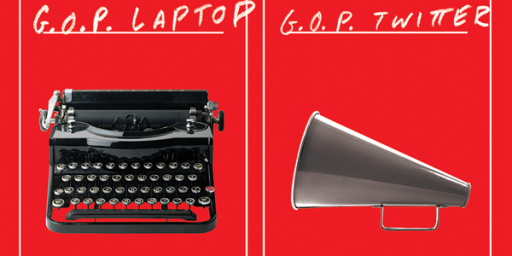
NYT Magazine asks “Can the Republicans be Saved From Obsolescence?”

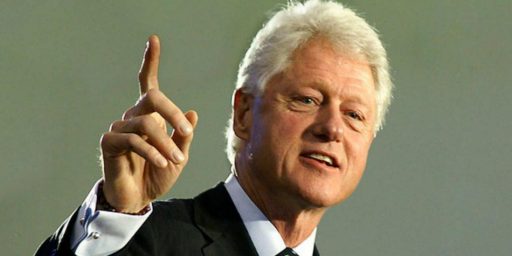
Bill Clinton has a warning for his fellow Democrats.


Does the public still care about the personal transgressions of politicians? The evidence seems to suggest they don’t.
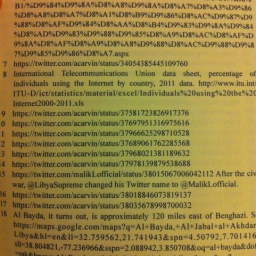
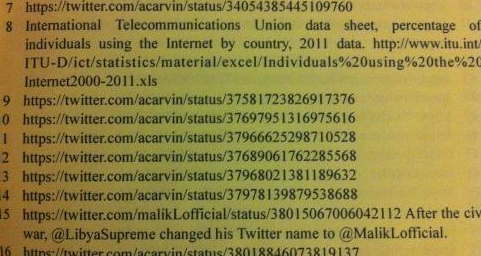
Blake Hounshell finds the footnotes in Andy Carvin’s latest book somewhat amusing:
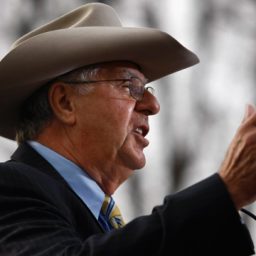
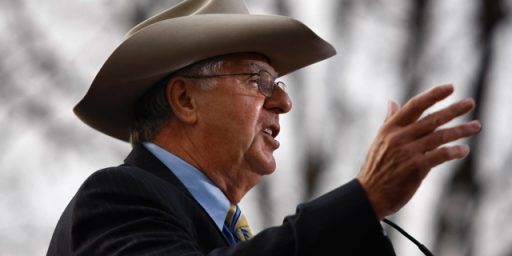
Dick Armey has resigned as chairman of Tea Party group FreedomWorks over unspecified principles.


Trending on Twitter this morning: “R.I.P. Paul Davis. The Navy Seal who killed Osama Bin Laden died in battle today. Retweet to honor him.”


Posting pictures of your ballot to Facebook, Twitter, and Instagram is a crime in some parts of America.


Will conservatives freak out if Romney loses? That’s pretty much guaranteed.


The Administration’s decision to stick with the meme that the Benghazi attack was about a movie becomes more puzzling.


A Pirate Party leader has been policing illegal downloads of her copyrighted book.


Seth Mnookin laments a series of embarrassing failures in science writing in recent months but rejoices in the rich dialog that followed.
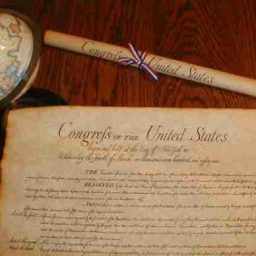

As far as the law is concerned, your social media accounts aren’t private at all.
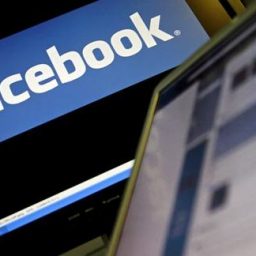
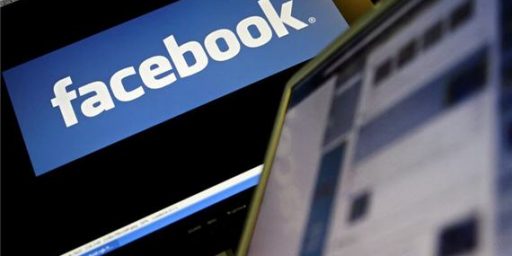
Facebook’s stock has lost nearly 50% of its value since the company went public, and the plunge probably isn’t over.


The latest round of the Chick-fil-A controversy is perhaps the most absurd yet.


NBC’s Olympic coverage doesn’t necessarily recognize the realities of social networking and the 24 hour news cycle.


Opponents of the Supreme Court’s decision in Citizens United continue to miss the point of what the case was really about.
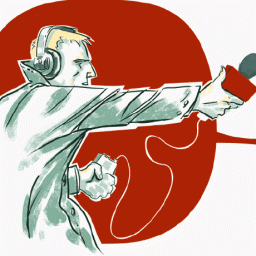
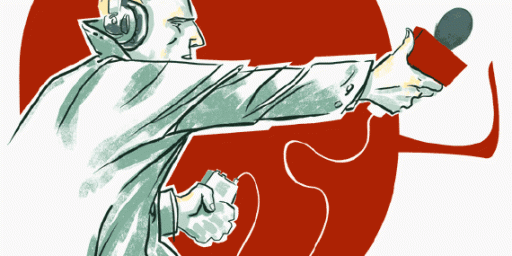
Jonathan Chait makes an astute observation about the media’s role in meme generation.
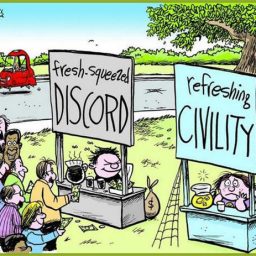
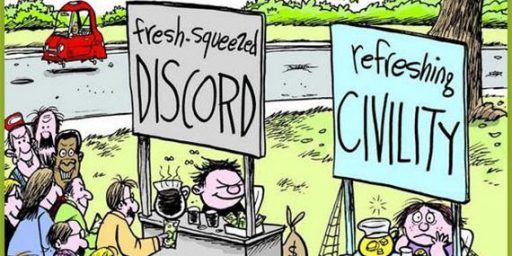
A Bill Clinton parody account created by the Romney campaign is both clever and yet another sign of what’s wrong with American politics.


An object lesson in the problems with our intellectual property laws
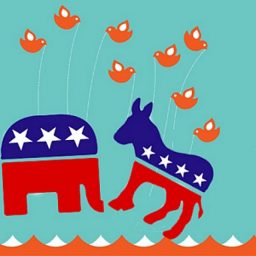
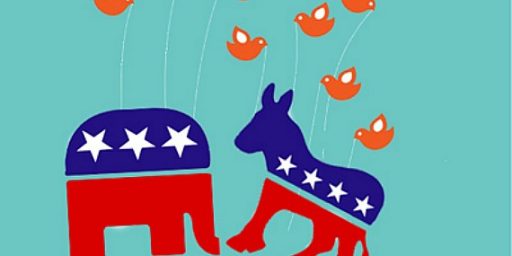
Will Twitter impact the 2012 elections? The evidence seems thin that it will.


Thanks to a media that focuses obsessively on irrelevancies, we now have a permanent political silly season.

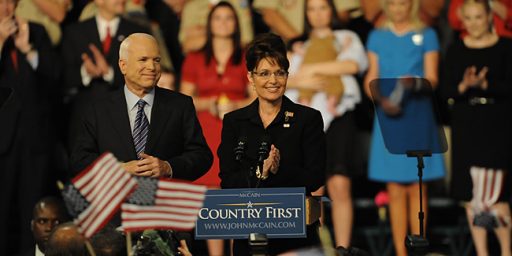
The vetting process for a Vice-Presidential running mate will likely be very different with memories of the Sarah Palin debacle fresh in everyone’s mind.


Like it or not, what you do online will be of interest to someone looking to hire you.